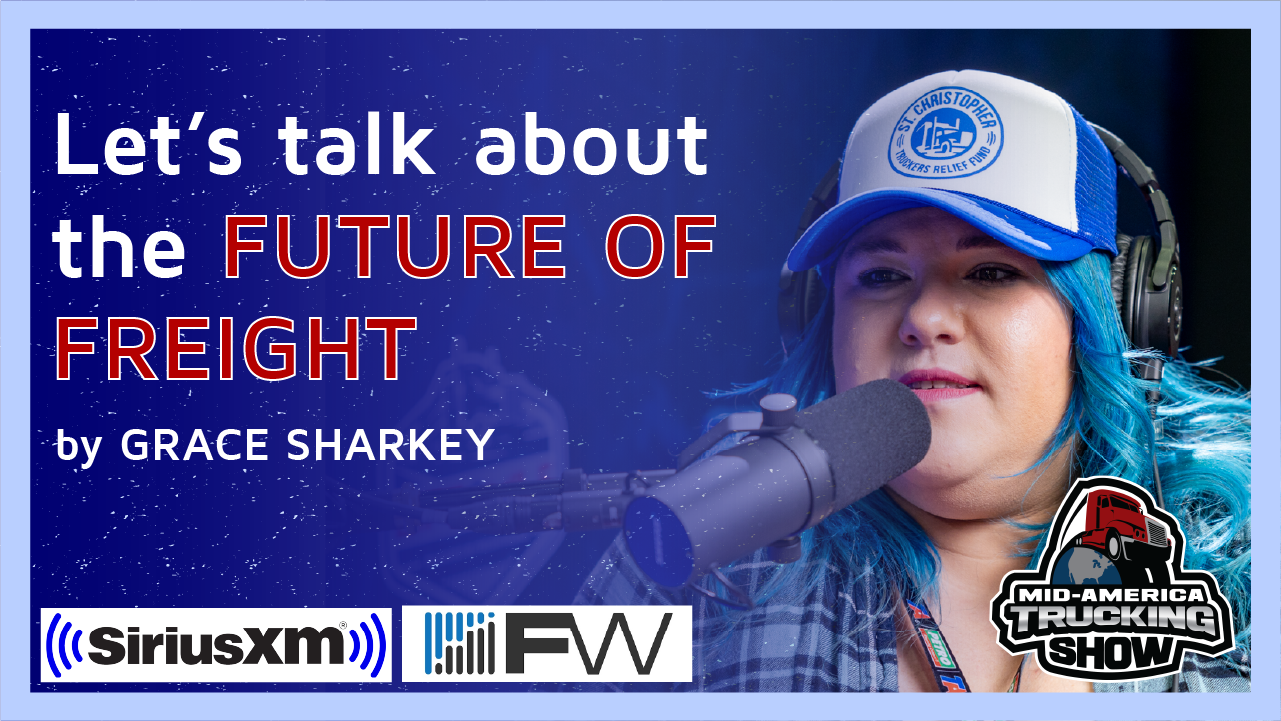InMemoriam
Acktually 2020cel
★★★★★
- Joined
- Feb 19, 2022
- Posts
- 10,275

- Grace Sharkey
I am a Postdoctoral Research Associate in the Department of Gender and Cultural Studies at the University, where I research and teach on youth, sexuality, popular culture and feminism.
I am also a blue haired LANDWHALE but nonetheless an upcoming GeNdEr StUdIeS professor



ABSTRACT
The group known as ‘incels’ (involuntary celibates, usually men) has become a spectacle for feminism as well as for mass media. Both popular and academic feminisms have condemned the incel for his involvement in many examples of misogyny and of violence. He is, in many ways, an unredeemable figure. I consider the incel beyond these denunciatory terms and in particular examine how the incel is represented as a ‘boy’; that is, as a man who cannot grow up. I also reflect on the reasons incels give for this arrested development – feminism, loss, and crisis, among them – and grapple with how boys like the incel are living in a world already changed by feminism. The incel is not a ‘good boy’, but this essay argues that ‘bad objects’ can disrupt the surface of our political projects in new, generative ways and that thinking with and through the incel in these terms is made possible by an affirmative feminist framework.
Boys in crisis
For incels, the world no longer offers the conditions in which can they can become men; manhood is no longer in their reach. They are boys who cannot grow up. This inability to become men as men once supposedly were is a common refrain in popular understandings of masculinity, usually spoken in the anxious register of ‘crisis’. From this refrain, crisis has also become a key concern of masculinity studies.
This essay argues that the incel is a boy who fails to grow up. It traces the ways in which incels blame feminism for this arrested development and how failure becomes a crucial logic of inceldom.
A productive feminist engagement with the incel, in turn, does not rush to vilify but instead takes a slower, more considered approach in favour of descriptive understanding. This approach can hold that the incel is not a ‘good boy’ while also seeking to understand their position in the world (if only as a more effective way to harm minimization).
A feminist here and now
I want to think about the boy of now; the boy who lives in a world that has already been changed by feminism.2 How (and how much) the world has been changed by feminism and what this means for feminist futures remains a core concern for any feminist theory or praxis. What matters here is that boys today are being raised in a world already transformed by feminism, though this of course does not mean that there is nothing more feminists must change or that the feminist project is over. This article aims to understand how the boy, or some boys, experience a world already affected by feminism. How are boys grappling with feminism’s place in popular discourse and with feminism’s relations to masculinity?
As outlined above, these questions are often answered in a crisis register.
Roberts argues that this tendency towards crisis ‘presents (young) men as both at risk and a risk to others’ (2014, 3). These two kinds of risk are how men are often imagined in popular discourse, with boys at risk of becoming the future man who is a risk to others, especially women and children. This dichotomy leads boys to be adopted by feminist projects as a point of early intervention in the reproduction of gender-based inequality or injustice.
Boys are a critical point of intervention through which we aspire to create men who want to be part of a more feminist future. This is particularly true in terms of domestic and family violence, where the experience of family violence as a boy is often thought to increase the likelihood of perpetrating it as a man.
The image of this better man is one conjured in the feminist imagination, both academic and popular.
the boy who must be raised to be a better man is central to many imaginings of this future. feminist futures are a ‘politics of transformation’ (2003, 236).
The boy is often seen as an opportunity for this transformation. these future imaginaries for feminism involve a desire that the future should not simply be a repetition of the past, given that feminism comes into being as a critique of, and resistance to, the ways in which the world has already taken shape.
In the feminist texts I have referred to above the boy is always rendered on the horizon of a better feminist future. In contrast, I want to consider the boy that exists in the present, in the world that has already taken shape, in part by and through feminist interventions.
Failure to thrive
Looking for new ways to respond to their exclusion, Bratich and Banet-Wieser argue the incel as we know him today emerges as a reaction to pick-up artistry (2019). This text pedagogically outlines PUA techniques to attract women. The most famous of these is ‘negging’: ‘Neither compliment nor insult, a neg is something in between—an accidental insult or backhanded compliment’ (2005, 20). Strauss suggest that men who use such techniques well, playing ‘the game’ effectively, will be rewarded with romantic and sexual success.
A lack of just such success defines incels, and the mythology of the incel states that they are men who have tried the proven techniques of pickup artists and still failed to gain a partner. This failure is the reason for their inceldom – a failure presumed to result primarily from their physical shortcomings
For Bratich and Banet-Wieser, the incel represents the failed neoliberal subject, who does not just stop and start over again, or pull himself up by his bootstraps. They write that the incel ‘gives us insights into the unsustainability and nonresilience of contemporary masculine neoliberal techniques of self’ (2019, 5006). The tips and tricks of pickup artistry do not work for incels, in their own diagnosis of the world, because the ‘game’ they are playing is rigged against them. It is a game they will always lose. Instead of resilient progress this subject is in stasis, and further associated with public ideas about immaturity by always blaming external factors for his circumstances.
The key external cause of his failure is usually associated with feminism, and the biological determinism and evolutionary psychology many incels are invested in can thus be understood as structural problems that might be fixed only if the feminist project were to be halted or reversed.
The blackpill ideology imagines feminism and masculinity as locked in what Ghassan Hage might call a set of ‘extractive relations’ (2017).
To translate Hage’s ideas about human consumption into this context, the thriving of the woman or the feminist is produced, for incels, through mining the rights and affordances of men and masculinity.
Hage, drawing from Marx, writes that this model of extraction does not merely propose ‘that one party has more than the other. It is that one has more because it takes from the other and makes it less than it is’ (2017, 530). Of course, this understanding mirrors what feminists have understood as the condition of women, and the argument that patriarchy thrives on the subordination of women. For incels, a reversed subordination is the condition of men and boys in a feminist present. Feminism has changed the playing field for boys’ practical and imagined possibilities, and for incels this means they can no longer become the men they desire to be.
To choose the blackpill is to choose an awareness of masculinity as a mere object in the world, exhausted by the values extracted from it with no possible returns.
Incels position themselves as living amongst the residue of a life narrative in which men had certain expectations about marriage and mortgages and other signs of successful growing up. Instead, their boyhood continues, and they look to compensate for this derailment. The feeling the incel attaches to is thus a version of what Berlant might call the ‘structure and experience of the present moment’ (2011, 192). In Cruel Optimism, drawing from Adam Phillips’ book Equals (2002), Berlant writes:
the central sensual experience of equality and democracy is not knowing where one is. But people come to fear and hate these processes because they exert a constant pressure for CONTINUUM: JOURNAL OF MEDIA & CULTURAL STUDIES 9 negotiating social location. Cruel optimism or not, they feel attached to the soft hierarchies of inequality to provide a sense of their place in the world. (2011, 194)
But the incel is clearly affected by more than just a lack of romance or sex. Ging, drawing from Messner (2016), outlines three key conditions that have nurtured the rise of the incel: ‘the institutionalization and professionalization of feminism, the emergence of a widespread postfeminist cultural sensibility, and the development of a neoliberal economy’ (2019, 639). In line with Bratich and Banet-Wieser, Ging suggests that the crisis of the incel is an experience of threatened sovereignty.
Identifying with the category or identity of incel does not help one to escape inceldom; it does not get one the girlfriend incels say they want. As Berlant might say, it actually makes it impossible attain one (2011, 10). But it has its own, cruel rewards. It manifests a set of desires beyond flourishing, beyond thriving.
This desire can be understood through the (cruel) returns of Halberstam’s failure: ‘if success requires so much effort, then maybe failure is easier in the long run and offers different rewards’ (2011, 3). To overidentify with failure, as the incel is prone to do, does not feel good. For Halberstam, failure brings with it a ‘host of negative affects, such as disappointment, disillusionment, and despair’ (2011, 3). Leaning into these negative affects, for the incel, provides an opportunity to ‘poke holes in the toxic positivity of contemporary life’ (2011, 3)
As Halberstam says, ‘failure loves company’ (2011, 121). While Halberstam’s argument plays out in relation to the silly and the absurd, a similar embracement of failure’s possibilities animates the incel, to ‘revel in and cleave to all of our own inevitable fantastic failures’ (2011, 187). Inceldom is unlikely to make boys feel good. It would seem their sense of endurance in the position is at least in part due to the recognition they receive from other incels, in the drama of shared failure. If incels feel outside of the good life, they are instead animated by the lifeworld structures they create with and for each other. They are sustained by their aggressive performance of collective failure. Attachment to failure is a cruel attachment, filled with promise, but enigmatic in its rewards.
Bad boys, bad objects
My attachment to incels is in its own way a cruel one. For Berlant, ‘cruel optimism is the condition of maintaining an attachment to a problematic object’ (Berlant 2007, 33). Incels, by their own account, are a reaction to feminism but not proof of the feminist project’s success.
The incel is not a good boy – he is a bad object. By one dominant understanding of feminist politics, perhaps feminists can or should only care about him because of the women and girls he is near – his mother or his sisters. But to simply dismiss him as a figure of scorn does nothing to improve a difficult and sometimes dangerous situation.
A more robust scholarly and political feminist approach need not ignore the violence that has inevitably and justifiably become part of the incel’s image, but it must also not stop at condemnation. Understanding who the incel is and what he wants can improve our understanding of feminism’s historical impact and its ongoing significance as a project concerned with reducing gender-based harms, especially in the ways that men’s violence impacts on women and girls.






